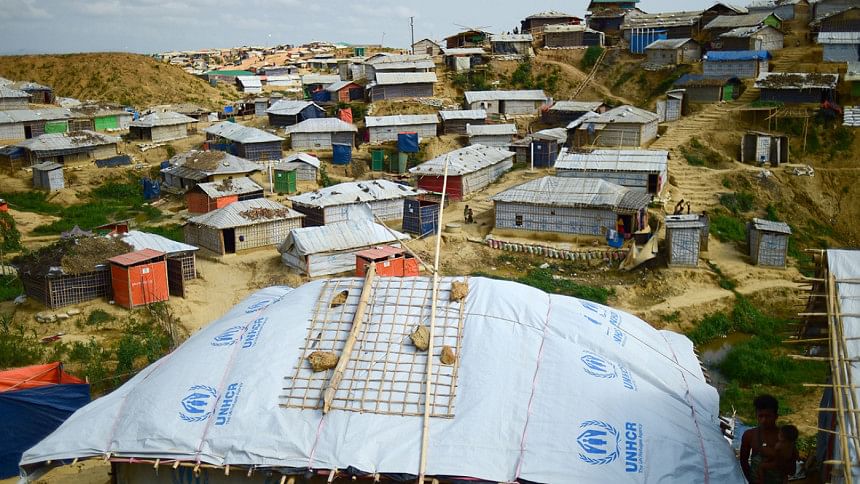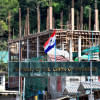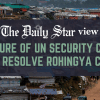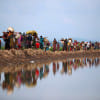UN to send experts to Myanmar after Rohingya return deal

The United Nations is preparing to send teams of experts into Myanmar's Rakhine state to begin work aimed at eventually repatriating Rohingya Muslims who fled violence last year, the regional head of the UN development agency said on Thursday.
The UN agencies for development and refugees struck an outline deal with Nobel laureate Aung San Suu Kyi's government at the end of May to allow Rohingya Muslims sheltering in Bangladesh to return safely and by choice.
Haoliang Xu, the United Nations Development Programme's director for the Asia-Pacific region, said UN officials were last week allowed to travel freely around northern Rakhine for the first time since August 2017.
But an initial work plan still needed to be devised with the government before proper assessment could begin, Xu told Reuters in an interview in Myanmar's largest city, Yangon.
"You can say we are working with an extreme sense of urgency," he said. "We're also preparing in parallel to send in teams."
Those teams would assess the needs of an estimated more than 200,000 Rohingya and other communities who remain in northern Rakhine, he said.
Myanmar's main government spokesman Zaw Htay was not available for comment.
Myanmar's military launched a crackdown in the northern part of Rakhine in response to militant attacks in August, driving 700,000 stateless Rohingya across the border to Bangladesh.
Suu Kyi's civilian administration defended what it described as a legitimate counter-insurgency operation, and denied allegations of ethnic cleansing. It says it is ready to accept back those who fled.
Xu said that the plan was designed to "create the conditions for return... by undertaking quick impact projects that will benefit the population who are still there," such as cash-for-work projects, small-scale infrastructure improvements or agricultural schemes.
The deal between the UN and the government was not made public, but a draft was seen by Reuters and also leaked online last month.
Refugee leaders and human rights groups criticised the memorandum of understanding (MoU) for failing to give explicit guarantees that those who return will get citizenship or be able to move freely throughout Myanmar.
The Rohingya, who regard themselves as native to Rakhine state, are widely considered as interlopers by Myanmar's Buddhist majority and are denied citizenship.
Xu said tackling these issues required taking "small steps", and said Myanmar had committed to providing a "pathway to citizenship".

 For all latest news, follow The Daily Star's Google News channel.
For all latest news, follow The Daily Star's Google News channel. 








Comments